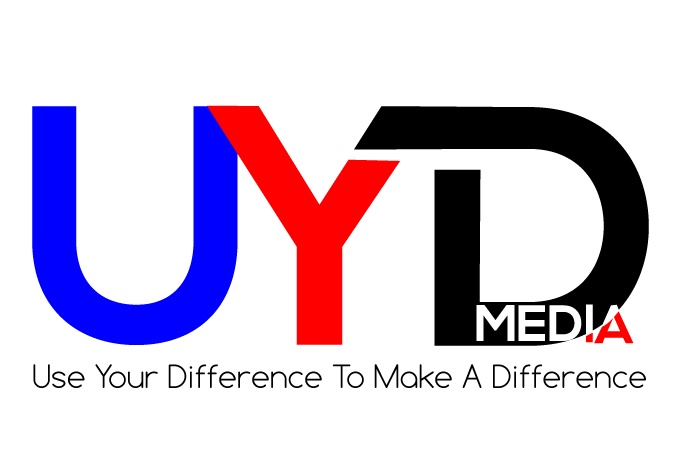Over the past few months the U.K has seen a lot of media coverage on the benefits of knowing a foreign language and the disadvantages and losses associated to knowing just one language.
Although there are endless benefits to knowing more than one language, my personal opinion is that traditional classroom based language training doesn’t cover enough depth to essentially communicate effectively with local people, through an understanding of cultural values and nuances.
My first year in the UK was tough – although I had learned (American) English since the age of 9, coming to study in the UK at 17 (after having lived in 6 other countries) was like moving to a different planet. Not only did I have a hard time understanding the other British students on my floor or in the classroom because of their accents, in my first two weeks I was unable to fully grasp the meaning of the words the Brits around me were using. An example: I will never forget how I asked a sales lady where I could find ‘pants’, she looked at me strangely and pointed to the underwear section right in front of me. It took me a good two weeks to understand that ‘pants’ in British English was in fact underwear, and that there were a number of other words which had different meanings in British and American English. That was the start of many other puzzlements…
American English to British English is not the most obvious areas for cultural misunderstanding, so can you imagine the cultural pitfalls in another language? There are huge barriers that arise when one is not current with the history, popular culture, idioms and national values. In my case, it was only after reading the book ‘Watching the English’ by Kate Fox for the second time, that I began to uncover the complexity of British culture and values.
Today, organisations are increasingly offering cultural awareness training over language training. Language training is a skill that can be learned through time, diligence and of course, practice. In addition, with the technology available today, you can learn a language on your own (if you are motivated and diligent). Cultural competence on the other hand is much more abstract, and requires a certain level of self-awareness and emotional intelligence from the outset. Moreover, it is acquired and based on one’s exposure to different cultures and the amalgamation of experiences of working with people who are different than you – some of these interactions may be face-to-face whilst others may be virtual ones.
Although the evident purpose of language training is to be able to communicate with people from other languages and cultures, cultural awareness training shows that communication is much more than the sum of words and phrases. Being able to effectively communicate (a two-way street!) with people from different cultures, is first about knowing how to read people from different cultures – that is, interpreting body language, reading between the lines, being open minded and understanding that there are different perceptions of the same concepts. A meeting can mean two completely different things to two people of different cultures, because although you may have learned the word meeting, you may not be aware of the underlying concept. For example, in the UK a meeting could be defined as ‘muddling through’ a situation and finding solutions as a team, whereby in Japan, a meeting is simply an event where the most senior person will sign on the dotted line because everything has already been decided prior to the meeting itself. Although these are generalisations, it just goes to show that there are different expectations of the same word, depending on one’s cultural background.
Going to live abroad is one of the best lessons in life. If you are lucky to step outside of your comfort zone and immerse yourself in the local culture (ie. not hang out with other study abroad students too much), then you will quickly pick up not only the language but the cultural nuances as well. Most of these are learned through trial and error, however what if you had the opportunity to uncover those hidden layers of culture to learn about body language, and how values and history influence life, work and business in the country today? Uncovering what lies beneath that what may seem visible on the surface level will not only it will make you come across as a more interested/curious person, it will also help you develop better relationships with the locals, and you will also have a much deeper and richer experience of the culture. Basically, you will be able to appreciate the culture beyond just words and not spend time worrying about enlarging your vocabulary or perfecting pronunciation (that will come too!). Furthermore, acquiring cultural competencies will make you a more attractive candidate for future employers who today seek individuals who are curious, adaptable and have the soft skills required to engage with, motivate and manage fellow employees from around the world.
So, here are five tips to become more culturally intelligent during your study abroad period:
- Before you go abroad: do your homework and read up about the country’s history. This will help you make parallels with life in the country today
- Slow down to do a little self-reflection and also observation. Ask yourself, what impact do you have on others? Observe – how do locals greet each other? How do they socialise? What are kids taught at school? What place does the family hold in the culture? Is an individual more important or the wider society? How do people speak to eachother? Do they use many words? What body language can you observe?
- During your stay, scare yourself: every day, speak to a stranger – it doesn’t have to be in perfect French, Spanish, Chinese, Japanese, Russian, Portuguese or whatever other language you are learning. Mistakes will be forgiven, what counts is your effort to connect with local people and your curiosity and attempt to try.
- During your time abroad go watch local films, immerse yourself in the popular culture as this will help you connect with locals you meet, enable you to share some of day to day humour.
- After you return, stay in touch with those you met. Through social media and technology there is no excuse. Read the news, write text messages to your friends, and go back to visit. If you are intending on finding work that helps you stay connected to the country then having that local and up to date knowledge is key.
Good luck on this beautiful, new adventure. I promise, you will be using the lessons learned all your life.
About Caroline Osinki
Caroline believes that believes that TCKs have an important role to play in this globalising world. As ‘bridge-builders’ and ’cultural translators’, it is also our role to help educate people for understanding cultural difference and living a more mindful/sustainable and eco-friendly way of life.
She is currently working in the intercultural training world and as Global Training Manager for Kwintessential Consulting Ltd.




